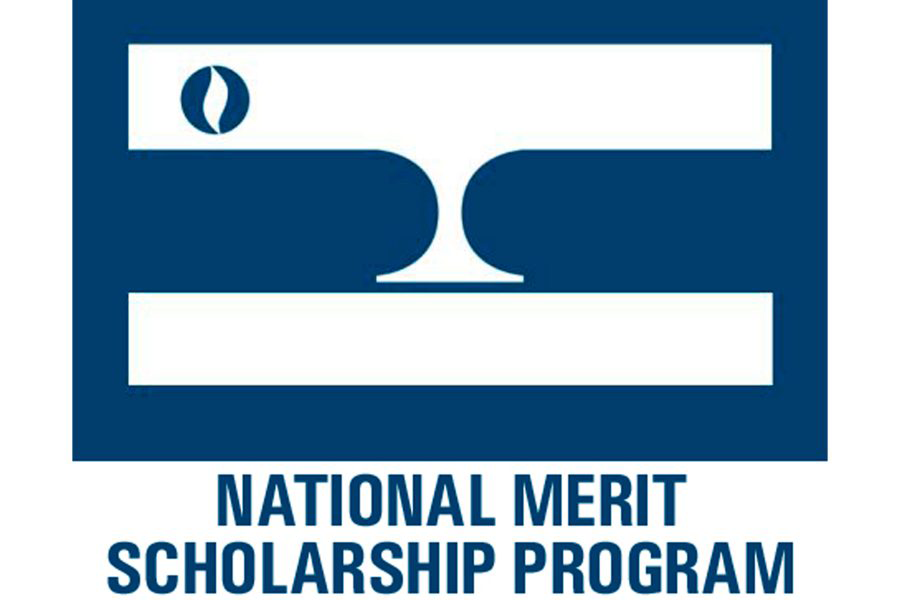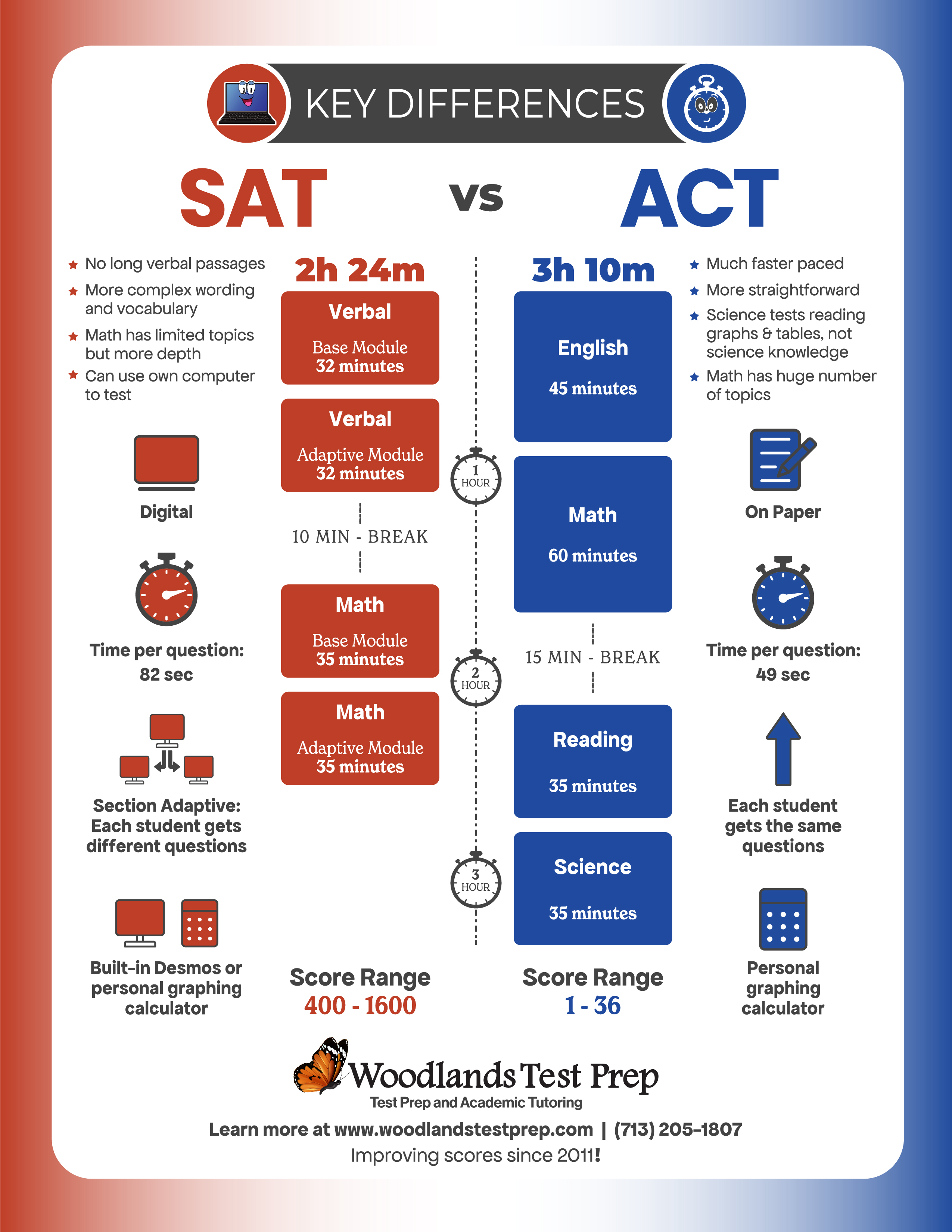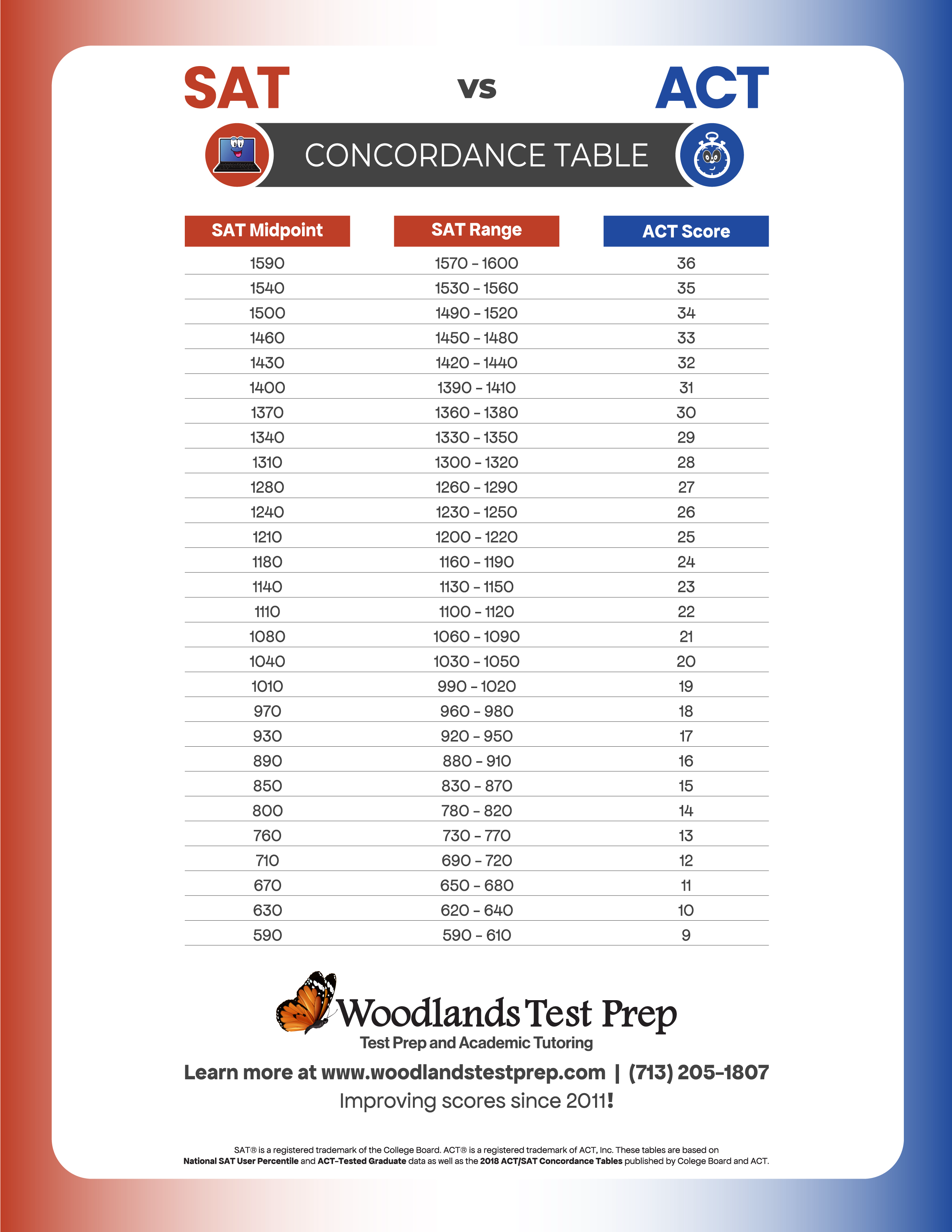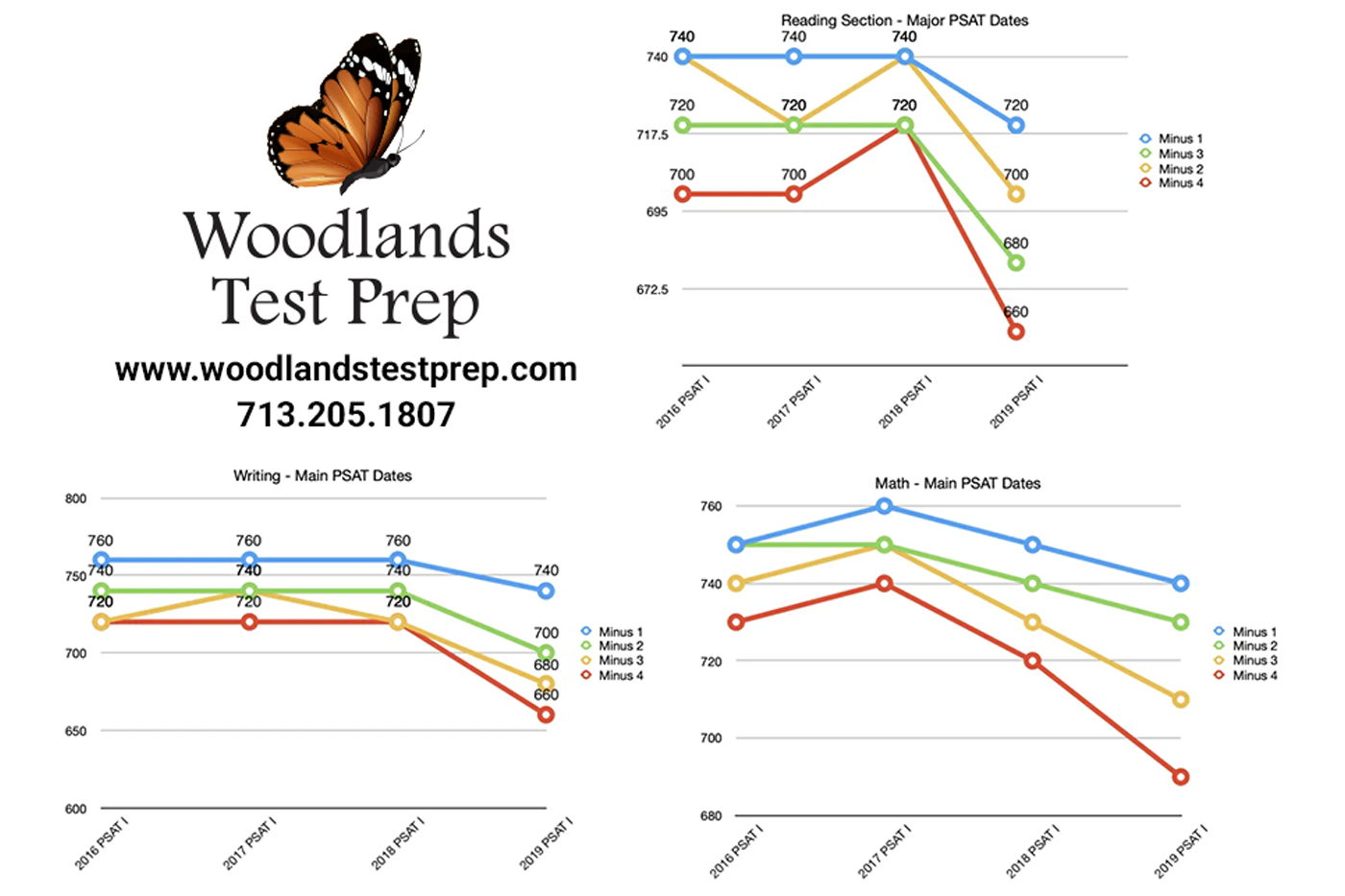Woodlands Test Prep is celebrating its 10-year anniversary in 2022! Growing from a solo tutoring practice to a full-service educational services company, Woodlands Test Prep has carefully put together a full set of tutoring services, including test prep for the SAT, PSAT, and ACT and academic and AP tutoring for math, science, history, language arts, and foreign language subjects.
We sat down with Susan to talk about her ten years in business: how her company was created and how it has impacted The Woodlands community. What originally began as a small side hustle has ended up becoming one of the most influential tutoring services in The Woodlands.
Meet the Founder
Susan started tutoring in 1995 as a hobby. When asked what drew her to tutoring, she said:
“I’ve always loved standardized tests. I just think they’re fun. Even as a kid, I thought they were fun. So I’ve obviously always been a little bit weird ha ha!”
Indeed! This “weird” love for tests made Susan an engaging tutor, which she found was exactly what students needed to succeed. After taking a break from teaching SAT and GMAT classes in order to raise children, she was ready for a side hustle and realized that what had been her fun hobby could become her business. Susan said:
“I asked myself, what do I like doing? And I thought, okay, I like tests. Then I started Woodlands Test Prep, and it honestly grew far beyond any expectations I ever had. Pretty soon I had a number of tutors working for me and was doing practice tests for the library and for schools here in the area. It’s been a joy from the beginning.”
It’s obvious that she and her team of tutors not only have fun teaching students how to succeed on their college entrance exams but are experts in the field of test prep as well. Over the past several years, Susan’s average scores have been a 1580 on the SAT and a 35 on the ACT, and she only hires tutors who show a similar affinity for these tests. With a love for tests and tutoring and Susan’s honed curriculum, she and her team of expert tutors are ready to help any student succeed.
To stay up-to-date, Susan is an active member of the NTPA (National Test Prep Association), where she collaborates with other test prep professionals. She also was featured on the podcast Tests and the Rest on episode 231. All this professional development is passed on to her tutors and also shared via her blog on Woodlands Test Prep’s website. You can read expert information along with Susan’s professional thoughts and opinions on everything from the new digital SAT to what test optional really means for your student.
About Woodlands Test Prep and Its Services
Woodlands Test Prep is experienced in helping every student meet their greatest potential. Taking the SAT, ACT, or PSAT is a skill that can be learned and polished. Whether your student needs help with math, science, language arts, or social studies, they can help. No matter where your student is starting, focused test preparation and academic tutoring helps not only improve a student’s score or grades, but also their confidence. Susan commented:
“Our team of tutors is really without peer. I feel so lucky to have each and every person on the team. Only tutors with both heart and serious academic chops make the cut to join our team. Each tutor is genuinely an expert in the topic or skills he or she is teaching, besides just being a ton of fun to be around.”
They provide customized test preparation several ways: one-on-one in-home tutoring, small class format, and proctored practice tests. Working this way allows them to uniquely target your student’s needs. They provide proven, successful strategies and skills. Plus, they identify and polish any test content areas that need attention.
For high-achieving students, they offer a “Goal 1600 Class” each summer designed to push them even further. In the last five years, 25 of their students went on to become National Merit Semi-Finalists!
Test prep tutoring is an investment in your student’s future, but it is also a financial investment that can have a significant return. Not only can it help students get the score they need to get into college, but it can open doors for grants and scholarships that might have been previously closed. Here’s what one mom had to say about it:
“My daughter took one-on-one tutoring this summer to raise her ACT score to get accepted to A&M. She met with an amazing tutor once a week who coached her, and then she also took the practice tests available through your organization before taking the ACT a second time. Thanks to her score, as well as other aspects of her application, she is now going to be Texas A&M Class of 2026!
The return on investment was outstanding, as her backup school was offering her $3,000/year renewable for four years due to her ACT score and her class rank. For anyone wondering if your service is worth the cost, please let them know it was for us.“
If your student needs support for academic success or if college is a part of your student’s future, Woodlands Test Prep is just what your student needs to succeed. Call them today to learn how they fit into your child’s journey to college and beyond.
Click here to learn more about Woodlands Test Prep or call (713) 205-1807 to set up a session today!









